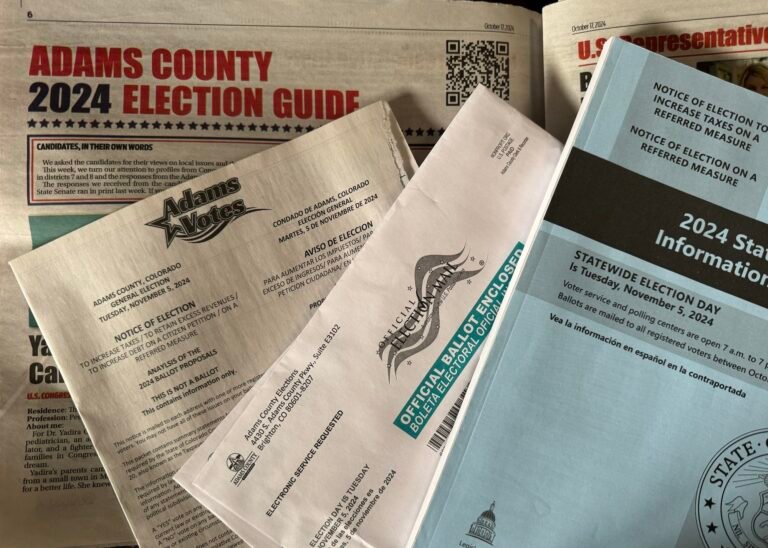When voters go to fill out their 2024 ballots, there’s a good chance they’ll be asked to decide on a bond measure, whether for parks, schools or libraries.
In an effort to help inform voters, Colorado Community Media spoke with Byron Isaak – a bond broker and dealer at Lakewood-based Isaak Bond Investments who has worked in the industry for more than 40 years – about how bonds work.
Bonds are a way for municipalities or special districts, like school districts or library districts, to take on debt to fund infrastructure and capital investments, such as buildings, sidewalks, roads, parks and water and sewer lines.
A popular kind of bond used by municipalities and special districts is a general obligation bond, which Isaak said works similarly to a homeowner’s mortgage, where debt repayments can be spaced out over a long period of time with interest.
“They can issue a large amount of debt and put it in a ladder form, so there are bonds that will mature from one to 30 years and spread out the payment requirement,” Isaak said.
Municipalities and special districts rely on property taxes to repay their debt in a general obligation bond, and Colorado requires that voters approve that debt.
Sometimes a bond measure will require a tax increase to cover the debt, but not always. Isaak said a bond could be tax neutral if the municipality is getting enough revenue from existing taxes to cover the payments, which might happen when a municipality has paid off older bonds, refinanced debt or grown its tax base.
“What I would look for is what the anticipated annual requirement for the debt service will be and their projected revenue,” Isaak said. “If those numbers match up, you don’t have a tax increase.”
Once a general obligation bond is issued, if the municipality or special district doesn’t receive the revenue needed to pay it back, it can raise taxes to make the payment. Isaak said that can happen if the municipality overestimated the growth in its tax base.
“They are required and obligated to levy a tax on all taxable property (in the district) in order to make the debt service,” Isaak said.
Another type of bond voters might see is a revenue bond, where a municipality or special district is paying off debt with service fees instead of taxes. Isaak said this is a common bond for water and sewage providers.
In general, Isaak said bonds are a very secure way for entities to take on debt to finance infrastructure.
“Municipal bonds as a whole have a great deal of history of very low default ratios,” Isaak said.

